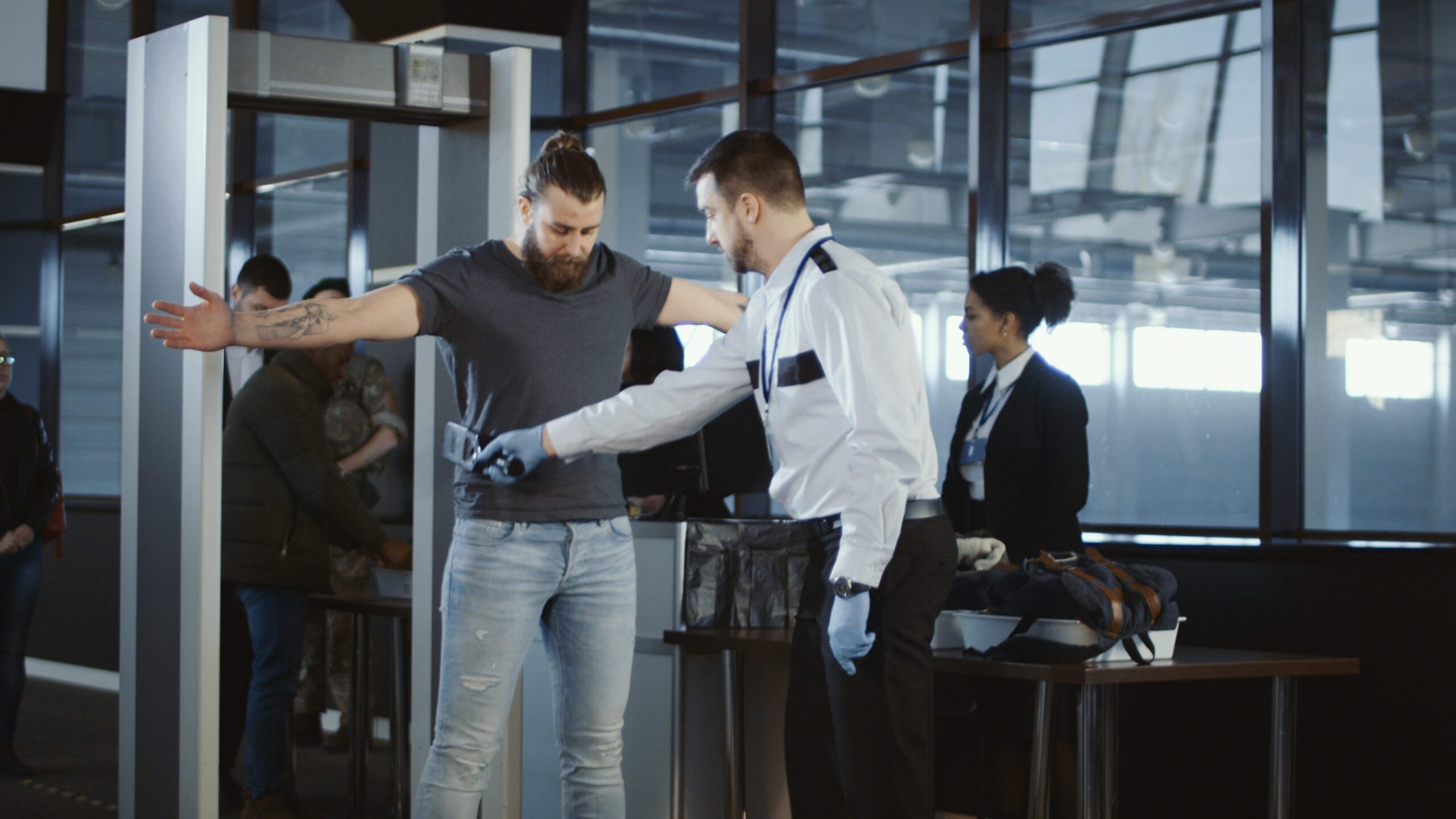
Australia is a dream destination for many tourists around the world. Whether visiting for leisure or business, understanding what items one can bring into the country and the security laws surrounding entry and exit is crucial for a smooth and hassle-free experience. This blog will delve into the essentials of what one can bring to Australia and the security laws to be aware of.
The Australian Border Security and Bringing Goods Down Under
When packing for your trip to Australia, you must be mindful of the country’s strict biosecurity laws. Australia is home to a diverse range of flora and fauna, much of which is native and protected. Certain foods, plant materials, and animal products imported from outside risk bringing dangerous pests and diseases to Australia. To protect its delicate ecosystems from invasive species and diseases, the Australian government has stringent regulations on what individuals can and cannot bring into the country.
Australian Border Security extensively inspects the goods shipped into the nation using 3-D X-ray technology, physical detection, detector dogs, and even questioning. Failure to comply with officials and any of their inspections or refusal to abide by given obligations can have serious consequences for those entering Australia.
Before travelling, individuals must read the Australian traveller’s advice, check what items they can bring into the country, and be prepared to face thorough security checks and inspections by Australian Border officers.
Security Laws and Regulations
In addition to biosecurity measures, Australia has strict security laws and regulations governing entry and exit from the country. These laws are in place to ensure the safety and security of both residents and visitors.
Customs and Border Protection: Upon arrival in Australia, you’ll go through customs and border protection checks. Be prepared to declare any items that you’re bringing into the country, including food, medication, and goods purchased overseas. Failure to declare prohibited or restricted items can result in fines or penalties.
Visa Requirements: Depending on your country of origin and the reason for your trip, you could require a visa to enter Australia. Confirming that you have the necessary visa before you depart is critical, and researching the criteria well in advance is critical. There are harsh penalties for entering the nation without the required paperwork or overstaying your visa.
Security Screening: Like many other nations, Australia employs stringent security checks at airports and other entry points. Be ready to undergo body scanning and baggage screening as part of security procedures meant to protect both passengers and staff.
Drug and Weapon Laws: Drug and weapon trafficking and possession are strictly prohibited in Australia. It is against the law to enter the nation with illegal weapons or drugs, and doing so can have serious legal repercussions, including imprisonment.
Electronic Devices: Australian customs and border protection officials may search electronic devices, including computers, tablets, and smartphones, for illicit or prohibited information. It is imperative to acknowledge this potentiality and guarantee that your gadgets adhere to Australian statutes and guidelines.
Items You Can Bring to Australia
While some goods are permitted, others must be declared before being brought into Australia. This list includes food items, pets, plant products, weapons, and so on.
Some items that are allowed without declaring include:
- Goods that are for personal use and are commercially prepared and packaged.
- Food items such as bread, cakes, biscuits, confectionary, maple syrup, vegetable and seed oils, etc.
- Miscellaneous items such as cosmetics, cash, etc.
Some items that are strictly prohibited include:
- Pets and Live Animals such as cats, dogs, birds, exotic animals, etc.
- Live Plants and Flowers.
- Food from the plane or ship.
Certain goods must be declared before carrying into the country:
- Duty Free Items such as Alcohol, Tabacco, and Cigarettes.
- Medicines for personal use, Steroids, etc.
- Food items including but not limited to Meat Items, Pepper, Nuts, Noodles, Pasta, etc.
Here is an overview of some goods and products-
Food and Agricultural Products: Food and agricultural products entering Australia are subject to stringent controls. Fresh produce, meat, dairy products, and other perishables are generally not recommended to be brought. Certain packaged and processed goods might be permitted, but for precise guidelines, check the Australian Government’s Department of Agriculture, Water, and the Environment website or contact them directly.
Medication: It is important to ensure that medication is in its original packaging and that it is brought into Australia with a prescription from a doctor or a note explaining its need. Some medications may be restricted or require authorisation from Australian authorities before entrance.
Personal Items and Gifts: In Australia, you are usually allowed to import personal goods for personal use, such as apparel, gadgets, and toiletries. Giving gifts to friends and family is acceptable, but be wary of things created using materials derived from endangered species or animal products as they might be subject to rules.
Outdoor Gear and Camping Equipment: If you plan outdoor experiences in Australia, you can pack camping gear and outdoor equipment. But ensure that everything is clean and free of dirt, seeds, or other impurities that could pose a biosecurity risk.
Travel Documents and Currency: Make sure you have all the paperwork you’ll need for your trip, such as your passport, any applicable visas, and any other licences or certifications. You can enter the country with any amount of Australian cash, but you will need to disclose any more than AUD 10,000 (or the equivalent in foreign currency) when you arrive.
Conclusion
Visiting Australia promises unforgettable experiences and adventures. For a smooth and hassle-free journey, it is imperative to familiarise oneself with the country’s security regulations and biosecurity procedures. Travellers may fully appreciate Australia’s natural beauty while respecting its legal and ecological systems by following rules about what is and isn’t permitted and being environmentally conscious.